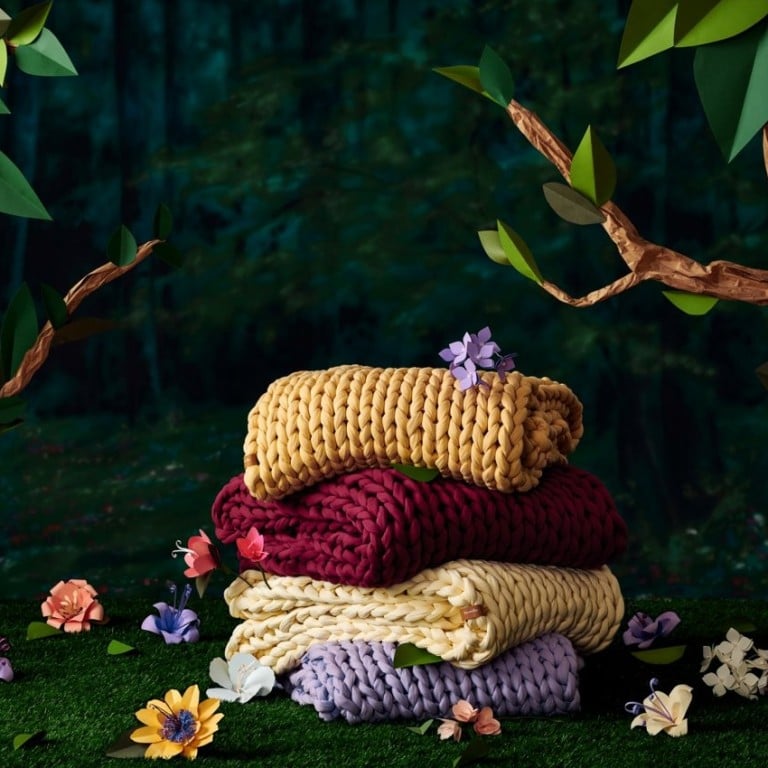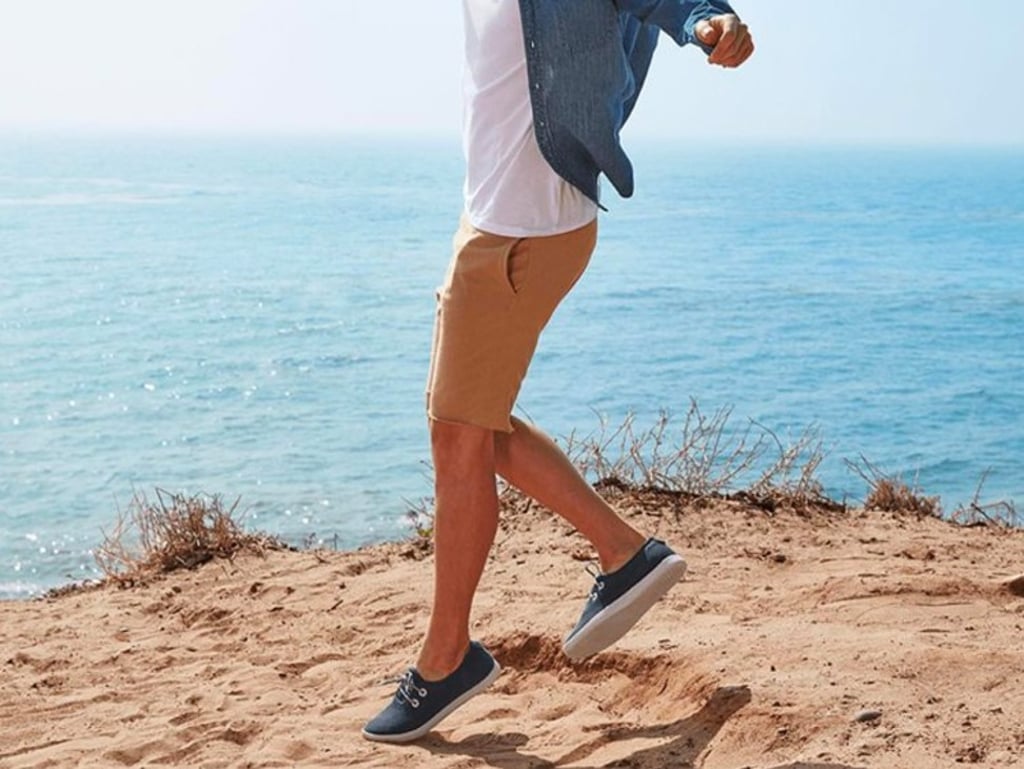How these 6 brands use tree-derived fabric to make the planet-friendly products we love

Progressive brands have begun using fabrics spun from trees to offer us eco-friendly versions of our favourite things. Here’s how companies like Patagonia and Allbirds go about it
For decades, companies have been looking for ways to minimise and even reverse the harmful effects that humans have had on the earth by creating products from recycled plastics, using sustainable packaging, and inventing new materials.
Recently, we’ve noticed that tree-derived fabrics are popping up under names like TENCEL Lyocell and TENCEL Modal, Yulex Pure and bamboo-derived viscose to name a few. These are all just fancy terms for fabrics that are spun from tree fibres.
To shoppers like us, it might seem like a no-brainer to use environmentally-friendly alternative fabrics, but for brands, it can be a tricky place. According to Derrick Emsley, co-founder of tentree, “At the end of the day, the only way sustainability becomes mainstream is if we can achieve a reasonable price point and [produce] a great product that is comparable or better to what’s already on the market.”
Still companies like tentree believe that “comfort and sustainability do not have to be mutually exclusive and [are] on a mission to prove it.”

Bearaby and Allbirds also use TENCEL Lyocell in many popular products. Lyocell, patented by the Austrian company TENCEL, is made by taking wood pulp from the bark and leaves of trees, dissolving the pulp in an organic solvent which creates cellulose fibres, and weaving it into yarn. Not only does this create a soft breathable fabric, it goes a step further in gaining a stamp of sustainability.
TENCEL uses wood from natural forests and sustainably managed plantations that are approved by the Forest Stewardship Council. According to Kathrin Hamm, founder and CEO of Bearaby, “TENCEL is produced in a responsible closed-loop process, using 10 times less water than regular fabrics”. This means that the water and solvents used during the process are recycled at a rate of more than 99 per cent which keeps the water we interact with cleaner after production.
Patagonia uses another type of tree-fabric called Yulex Pure in its rubber wetsuits, which is also FSC Certified. Latex sap is extracted from Hevea trees and processed in a solar-powered factory that refines the material rather than chemically altering it. This process removes more than 99 per cent impurities and toxins that are associated with rubber – including the protein that causes latex allergies – while maintaining its elasticity.
Matt Dwyer, director of material innovation at Patagonia, says, “Our environmental assessments revealed [that] because the polyisoprene polymer was produced in trees instead of factories using solar energy instead of generated electricity, up to about 80 per cent less climate-altering carbon dioxide was emitted in the manufacturing process when compared to traditional neoprene.
He continues, “Most importantly, since only 0.5 per cent of the world’s rubber supply currently comes from FSC-certified sources, we hope our choice will motivate other businesses to incorporate more sustainable practices in their supply chains.”